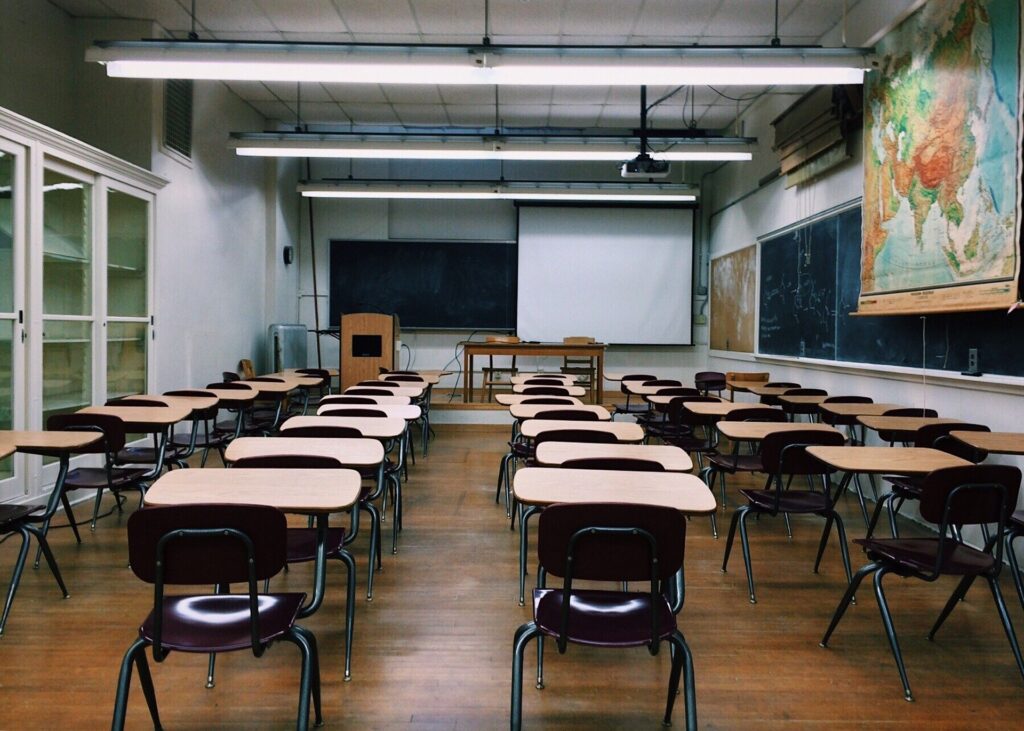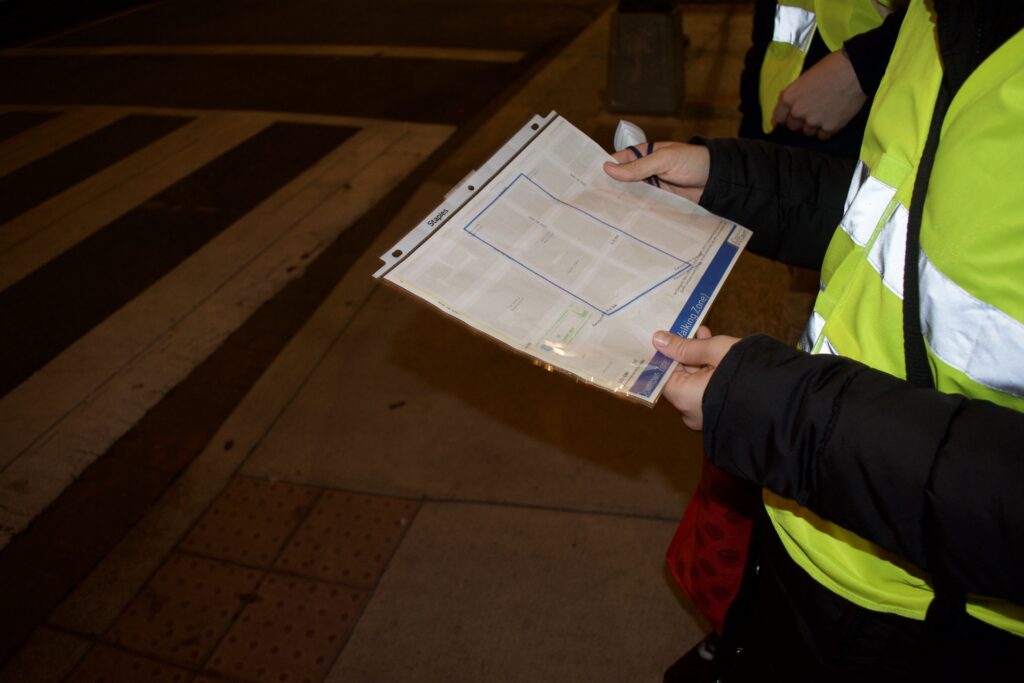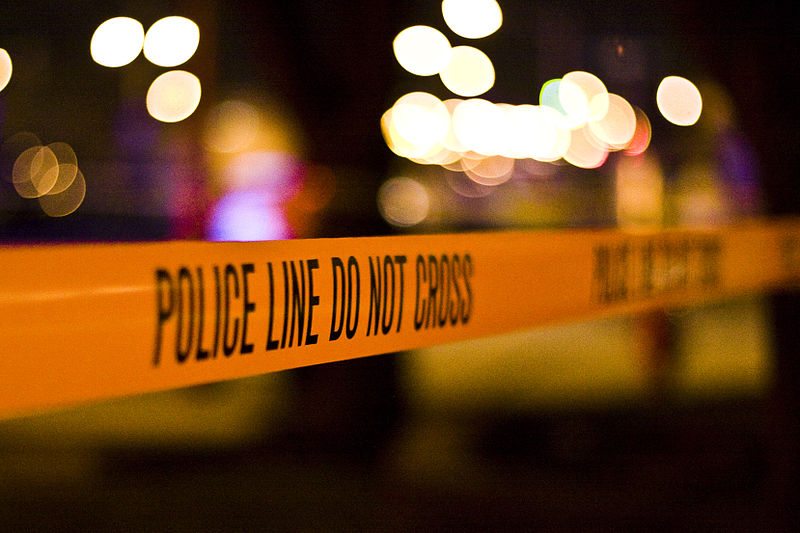On July 8, local anti-police groups got one step closer to their goal of police-free schools when the D.C. Council passed an amendment to change D.C. Public School’s security contract with the Metropolitan Police Department giving DCPS more authority over school safety.
The council’s amendment to the fiscal year 2021 budget would give DCPS complete authority over hiring its security officers. Currently, this responsibility lies with MPD’s School Security Division. Police will still be in schools but MPD will no longer manage the contract of officers within schools.
“We need to remove police from schools and we need to deeply invest in more equitable resources for our schools,” said Samantha Davis, the founder and executive director of the Black Swan Academy, a local nonprofit dedicated to empowering Black youth to be involved in social change through career development sessions and an annual civic leadership summit.
“What we find is the young people who are least likely to have positive relationships with police officers are the young people who are at the margins,” she said. “The young people who are experiencing homelessness, young people who might be queer, young people who are at risk of the school-to-prison pipeline, those are the young people that we want to center in this conversation.”
There were 7,728 homeless students in DCPS schools during the 2018-2019 school year.
In the existing relationship, MPD’s school resource officers work closely with school administrators to implement safety plans and violence prevention programs. Officers within schools are the main point of contact when suspicion of crime or violence arises. Before working in schools, an MPD officer must pass a School Safety Division training, according to the department’s website.
“The contract being moved is definitely a small step in the right direction and it’s not enough,” Davis said. “There’s a diverse group of people and positions that we need in our schools that are lacking. If schools were resourced equitably and young people had all their needs met, then conflict will reduce.”
Part of the process of making schools better for students involves changing the traditional classroom structure, according to Davis. Smaller class sizes, more innovative classroom instruction, and more school mentors create more well-rounded students, she said.
Those in support of police-free schools say local schools have more important needs than hiring officers. Part of the movement for no police in DCPS involves pushing administrators to recognize that students come into schools with unique situations that are too often addressed by officers, instead of more appropriate support staff.
Multiple administrators declined to comment for this article. One counselor feared that speaking critically of officers could put the students they work with at-risk.
In June, At-Large Councilmember David Grosso, who chairs the D.C. Council Committee on Education, published a resolution disapproving of the mayor’s proposed renewal of the School Safety Division contract. Councilmembers Charles Allen, Kenyan McDuffie, Brianne Nadeau, and Robert White also signed the resolution.
“We’re in the middle of a pandemic which is about to induce a recession where we need mental health services,” said Valerie Wexler, an organizer for the Stop Police Terror Project D.C. “We need support for kids, school counselors, school nurses and, we need large amounts of public housings.”
Students being criminalized at school extends beyond physical pain, Wexler said. Random searches of students’ bags and being made to leave class for pat-downs is enough to cause trauma and damage police-student relationships within schools.
“We can have actual mediators so that teachers don’t have to do all the work themselves and counselors to deal with conflicts,” Wexler said.
Others say properly placing police within schools contributes to a safe, healthy learning environment.
“I don’t want police slamming kids,” said Patrick Burke, executive director of the Washington D.C. Police Foundation. “I think a lot of kids would want police there not just to be an armed security presence but there as mentors for the young people and to hopefully preempt any violence from happening.”
Burke acknowledges that there is a level of difficulty that comes with trying to heal police-student relationships. His experience as a law enforcement officer has allowed him to see that the sight of a police uniform can cause students discomfort because of previous bad interactions with police.
“Every child needs to be able to go to school in a safe environment,” Burke said. “If you’re worried about getting jumped by a gang every day or getting hurt because you’re the smart kid, that’s gonna impact your ability to learn.”
Burke’s goal is to try and reach children at a young age so that they can view officers as a source of help and not solely a uniform presence. The foundation’s Junior Cadet Program, which aims to have teachers dedicate one hour per week for curricula taught by MPD School Resource Officers, allows youth to have a non-confrontational relationship with police, according to Burke. Those enrolled in the program go on field trips with officers and learn about law enforcement through shadow experiences.
He said it is critical to have well-trained, good people in school officer roles to be mentors and role models.
“I think it’s really reconsidering the kind of roles that police have in schools,” Burke said of the foundation’s program.
Councilmember Vincent Gray was questioned about his support of the contract-cancellation amendment while appearing on The Kojo Nnamdi Show on July 10 to discuss the budget. Referencing the July 4 killing of 11-year-old Davon McNeal in the crossfire of a shootout, Gray was asked if he regretted his vote. He did not.
“I think we need both sets of services … we will have people who have the kinds of health and social backgrounds that we’ve been talking about who will be available to be able to supplement what the police services,” Gray said during the show segment. “So, I’m looking forward to the expansion of the health services, the social services in our city. And they will support what’s going on in our schools.”
The D.C. Council’s next vote on the fiscal year 2021 budget Support is scheduled for July 21.








